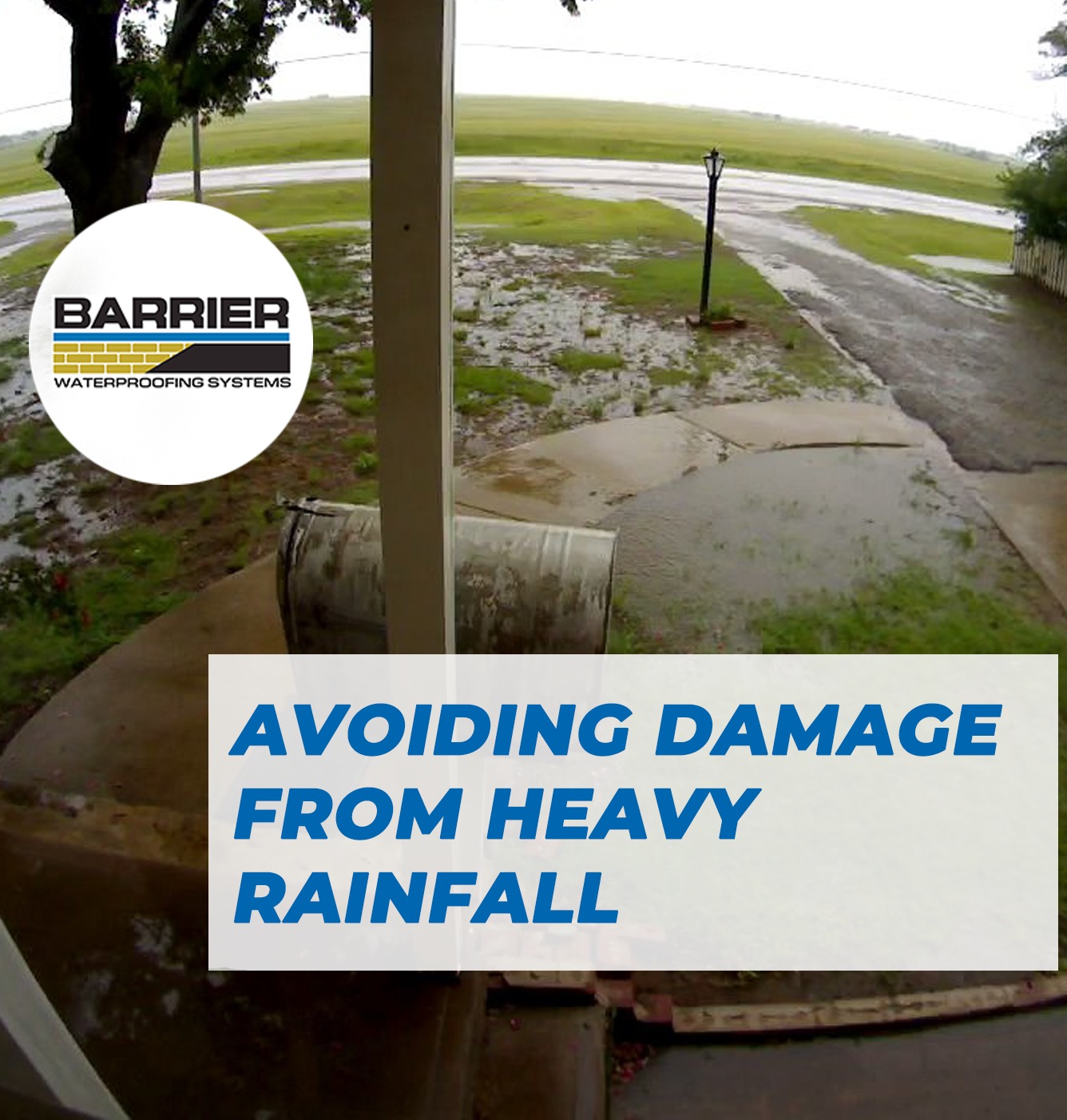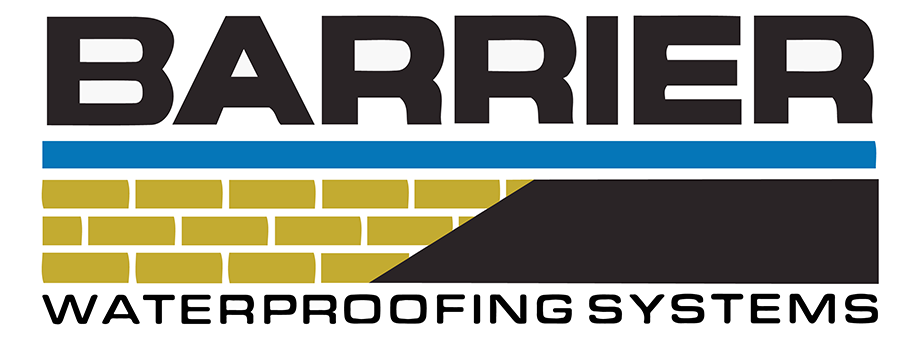One minute it’s downpouring rain, then next minute there is a tornado ripping by. The next day, it’s sunshine skies with temps below 30. Here in Tennessee, and many other parts of the US, the weather can change in an instant, especially when it comes to rain. Being that we’re entering hurricane weather and tornado season with rainy skies, here are some tips that can help you to avoid storm damage during the spring and summer months.
You’re going to want to start by taking a long and detailed scan of your house in broad daylight. There may be some things you’ve noticed upon driving into your driveway or garage. Now is a good time to take a nice hard look at any storm damage you might have missed, or what you noticed before.
Start from the Bottom and Work your Way Up
Check to see if anything is sloping, if the ground is uneven, or if there are any cement pavers that may be lifting or tilted. Not only could this be a sign of unsettling or poor drainage, but it could mean that the water will settle around your home’s foundation when it does rain. This will create moisture buildup that could be damaging. Keep those new floors looking fresh and that drywall dry by simply checking around the base of your home.
Look at those Trees and Bushes
While you’re scanning your property, take a look at the trees. If your trees are overgrown, you might want to put them in your plans to trim them down. The tree can act as a massive sail, and the wind has the potential to knock those overgrown trees or bushes down. Fallen trees have the potential to damage a roof if it is large enough, and don’t underestimate it! They can also damage underground pipes by lifting them with the roots and flatten your car. Giving those trees a good trim now could save you tons of stress and headache in the future, working to avoid storm damage.
Scan the Gutters
When it rains it pours, so while you’re checking around the perimeter of your home, take a quick look at your gutters. Why is this important you ask? If your gutters are dirty, blocked, and not letting water through, then the water has nowhere else to go but off the sides. If this water just so happens to land on the window sill, it could let water into the walls or the home itself and cause damage. The same thing applies to your basement. Excess buildup of water could be leaking into your basement and damaging the home’s foundation.
Look up at the Roof and Know What to Check For
It might seem obvious, but unless you know what to look for, then you might be missing some very important stuff. Look for any loose or missing shingles, as these could let rainwater. This is especially true if there are strong winds to give it the extra push.
Check for irregularity in your roofing, or shingles that may be collapsed or curling. The vent pipes should be looked over while investigating any cracked or worn rubber boots. Something that will signal the roof may be decaying underneath is masses of moss or lichen. Black algae stains aren’t anything to be concerned about, as they are just a cosmetic nuisance.
Take a peek at those Windows and Doors
Sideways rain can have an impact on windows and doors. It is always good to catch the problem before it occurs, but this might be one you catch after that strong rain. Needless to say, it is better to look before another big rain hits and causes more damage. Make sure the weather stripping is intact and fitting properly. Also, make sure that the wood in and around your home, windows, and doors is treated properly, and sealed as to create a weather tight seal.
Hopefully these quick tips can be of help to you to avoid storm damage this hurricane, tornado, or monsoon season! If you are in the Nashville or Middle TN area and have come across a storm damage problem that needs a further inspection or quote, give Barrier Waterproofing Systems a call at (615) 257-1060 | (931) 536-1168 today.

